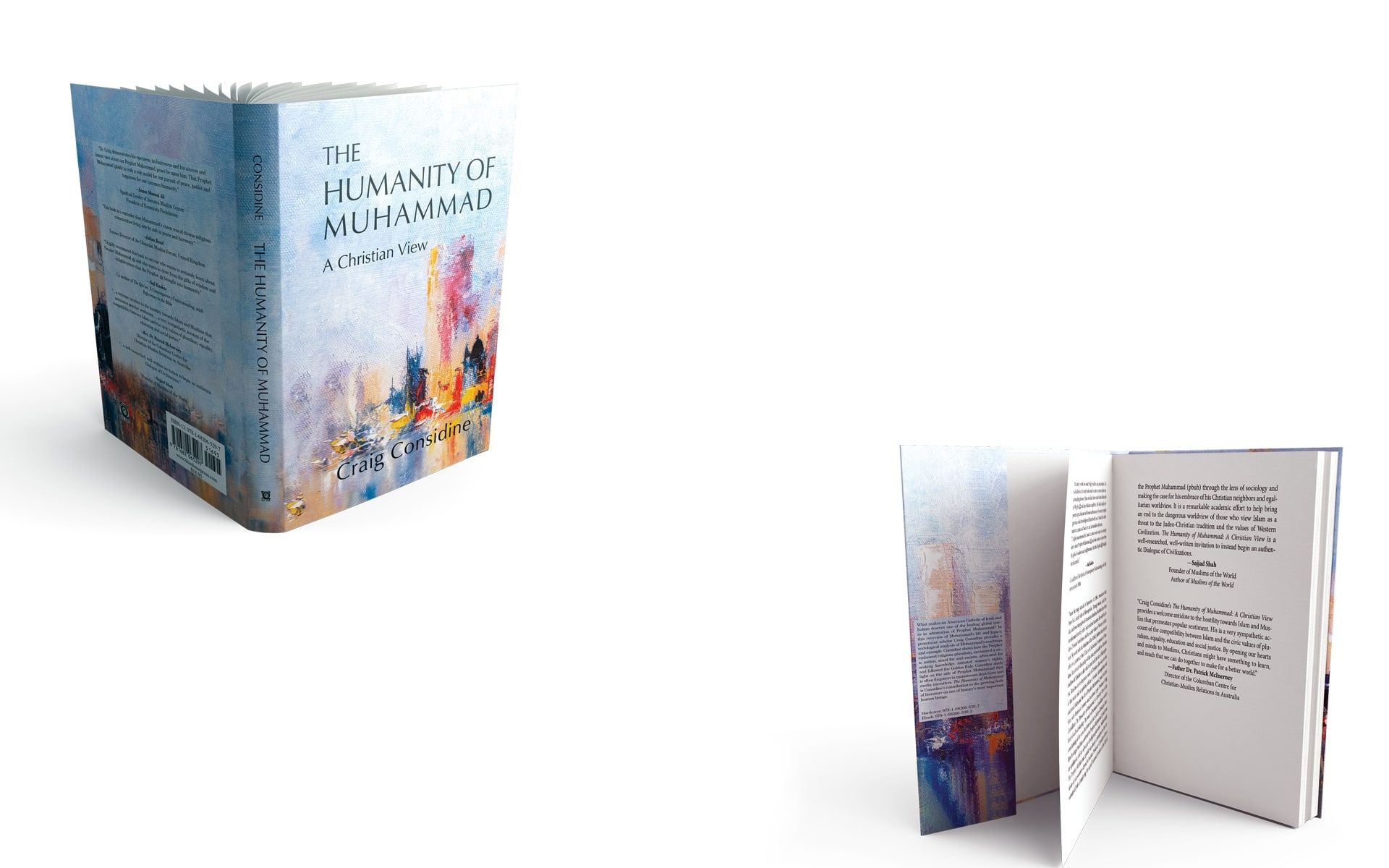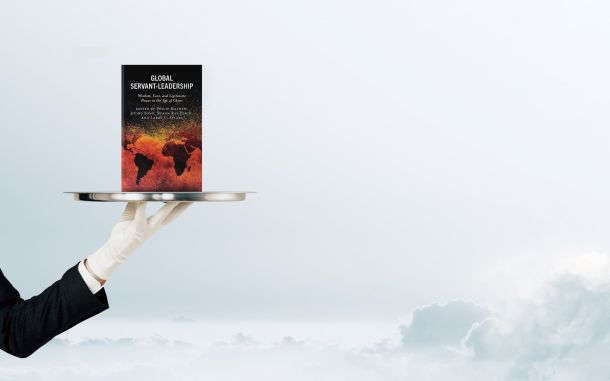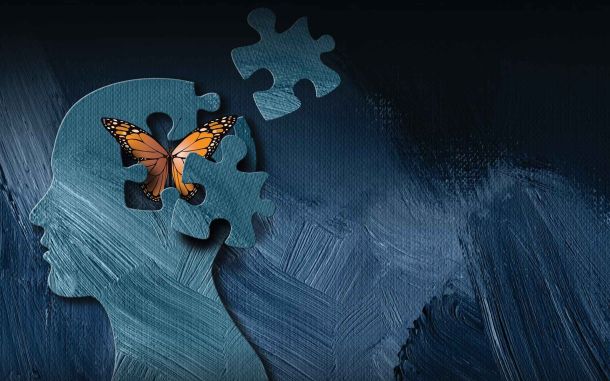Reflections on “The Humanity of Muhammad: A Christian View”

In This Article
-
Considine offers some foundations of thought and practice to overcome conflicts in our society.
-
Prophet Muhammad (pbuh) is truly a role model of peace, justice and happiness for our common humanity.
-
No matter what religion you adhere to, we are all commanded by the prophets who came before us to spread goodwill to our neighbors, and even to strangers and enemies.
I have read numerous books and written reviews of some, but The Humanity of Muhammad: A Christian View gave me a special reflection treat thanks to the brilliance, effort, and integrity of Dr. Craig Considine who offers in the book some foundations of thought and practice to overcome conflicts in our society. It is important that these fields of discussion find the illumination that they need in order for better informed Christian and Muslim believers to make the world a superior place for us all.
It took me some time to settle with the title and accompanying cover graphics; it paints the vivid grey areas of humanity in an abstract and remote manner.
The title
According to English language grammar, articles “a” and “the” are not interchangeable. “The” is definite and, in essence, refers to something unique like the Sun or earlier when referred to a document or presentation. It denotes something known. However, in practice, not everything known is also automatically understood. This can actually turn out as well to be so challenging that it bogs down one’s mind into the unknown and the indefinite. We all know the Sun, but how many of us well understand it and its properties?
This is the situation I found myself locked in as my eyes landed on “The Humanity of Muhammad”s cover page. And, as if this was not intriguing enough, the book is also supposed to present “A Christian View” of the “humanity” (whatever that is) of “Muhammad” -- the Prophet of Islam (peace be upon him). What a brain searching configuration!
Before my mind settled over the title scan, I took refuge in the publisher. The front cover didn’t provide an answer. A house policy, if understood, gives a reader some comfort. That turns out to be Blue Dome Press. From its wide range of products that I have read the publishing house, among others, places itself in the category of a global dialogue and interfaith brewer.
Cover graphics
On face value the cover design looks like the work of a preschooler armed with a varying assortment of different paint colors. It reminded me of what a guest of my grandchildren did to a wall in our sitting room. Truly, I got the message after finishing the book and spreading the cover design out on my desk. Suddenly I got some inspiration, and the cover image reminded of 9/11 attacks on the twin towers in New York city.
The incident could be taken as a sort of (anti-?) climax of conflict of civilizations that emanated from religious ignorance and lead to greater global crises across all continents of the world. This makes publications such as The Humanity of Muhammad: A Christian View extremely relevant for the attainment of world peace.
I remember the words of the Islamic scholar Fethullah Gülen: “… what we are witnessing is not a clash of civilizations but rather the clash of humanity with barbarity in our common civilization.
“Our responsibility as Muslim citizens is to be part of the solution despite our grievances. If we want to defend the life and civil liberties of Muslims around the world and the peace and tranquility of every human regardless of their faith, we must act now to tackle the violent extremism problem in all its dimensions: political, economic, social and religious.” (Fethullah Gülen, Le Monde Dec. 17, 2015.) I also remembered a book titled “The Messenger” focusing on the Prophet’s life of compassion.
The book
The Humanity of Muhammad: A Christian View could not have come at a more opportune time. It begins with a strategic and pertinent quote from Pope Francis sending the requisite message to all Christians. The Pontiff says: "There is a hidden sea of goodness that is growing and leads to hope in dialogue, reciprocal knowledge and the possibility of building together with the followers of other religions and all men and women of goodwill, a world of fraternity and peace.”
Imam Shamsi Ali, Spiritual leader of the Jamaica Muslim Centre and President of the Nusantara Foundation, says the book shows “Prophet Muhammad (pbuh) is truly a role model of peace, justice and happiness for our common humanity.”
Former Director of the Christian Muslim Forum in the UK, Julian Bond, observes it depicts “Muhammad’s vision of diverse religious communities living side by side in peace and harmony.” The book “tackles important topics that are well chosen and necessary if we are to replace ignorance with knowledge and hatred with love,” remarks Safi Kaskas, Co-Author of The Qur’an: A Contemporary Understanding: With References to the Bible.
Rev. Dr. Patrick McInerney, Director at the Columbian Centre for Christian-Muslim Relations in Australia calls the book an “antidote for hostility, sympathetic account of compatibility between Islam and civic values of pluralism, equality, education and social justice.”
Perhaps Sajjad Shah, Founder of Muslims in the World and author of a book going by the same name, puts it optimally when he calls The Humanity of Muhammad: A Christian View “reclamation of the view that there is in fact a Judeo-Christian-Muslim theological tradition and that Prophet Muhammad (pbuh) was egalitarian and an advocate of religious pluralism.”
Author of Demystifying Islam: Tackling the Tough Questions, Zafar, in his foreword to The Humanity of Muhammad: A Christian View caps it all when he remarks that at the time “when 62% of Americans do not know a Muslim and only have such leaders who spread false fears about Islam, of course they are bound to accept that rhetoric as the truth. This fear has provided the fertile soil for hatred to grow….
“… Dr. Considine’s work is the much-needed antidote of our time. His careful examination of the true history of Islam and its Prophet Muhammad enriches his audience with greater knowledge and appreciation for pluralism and building bridges of understanding between all people.” (p. 12)
Attracted by what has all along brewed Christian-Muslim mutual distrust, Dr. Considine concentrated his academic activity to this target area from an early age. He sees this distrust to be “unnecessary as well as antithetical to our shared Abrahamic traditions …” and thus he set out “to build bridges of understanding and peace…” (p. 12).
According to him, “the bigger challenge” of The Humanity of Muhammad: A Christian View “is (to) effectively reach the hearts and minds of Christians who hold sensational views of the Islamic tradition, Muslims themselves and the Prophet Muhammad.” Love is the main point at issue and that which coincides with the teachings of Christ himself (pp.12&13).
Humanity
Giving Charles Darwin what is his regarding his principles of evolution and survival of the fittest, and giving to God what belongs to Him according to the three holy books, properties of human beings essentially differ from those of other God’s living creation in three aspects – intellect, free will, and conscience. It is from this integration that human beings are held accountable for their interactions with one another and the environment, which they hold in trust.
We are called human beings in contrast to other beings in the Animal Kingdom. Without having to go deep into scientific complications of the seven main taxonomic ranks, humanity constitutes the entire human race. And within the framework of The Humanity of Muhammad: A Christian View, it suffices to restrict our activity to the target of characteristics that belong uniquely to human beings such as kindness, mercy, and sympathy, all of which find root in the prophet’s humanity.
In one sentence, we can call humanity as extending unconditional love to each and every being on our planet. Dr. Considine puts it better this way: “No matter what religion you adhere to, we are all commanded by the prophets who came before us to spread goodwill to our neighbors, and even to strangers and enemies. That is the essence of being Muslim, that is the essence of being Christian, and that is most definitely the essence of being human…” (p.26).
Thus, love for one another and care for every being on Earth is not a request. It is a command handed over to humanity by God through his prophets, including Muhammad (pbuh). Love is the condition for peace, the main pursuit of Dr. Considine’s six-chapter book which Sajjad Shah, founder of Muslims of the World, praises as “… a well-researched invitation to begin an authentic Dialogue of Civilizations.”
These chapters are Religious Pluralism; Civic Nation State Building; Anti-Racism; Seeking Knowledge; Women’s Rights; and The Golden Rule. Dr. Craig Considine concedes: “This book is academic in nature, but it is also written in an accessible manner for the general public.”
It is from these chapters that we encounter the humanity of Prophet Muhammad (pbuh) through his and other prophets’ qualities of loyalty – saying the truth and becoming a model to humanity; trust (reliable and trustworthy); conveying orders of God and innocence through His protection.
It is from the combination of what the chapters expound that The Humanity of Muhammad: A Christian View seeks to bring Muslims and the “People of the Books” closer along the prophet’s properties (humanity) embroidered on their hearts for a more just and peaceful world with love and tolerance as the main drivers.









